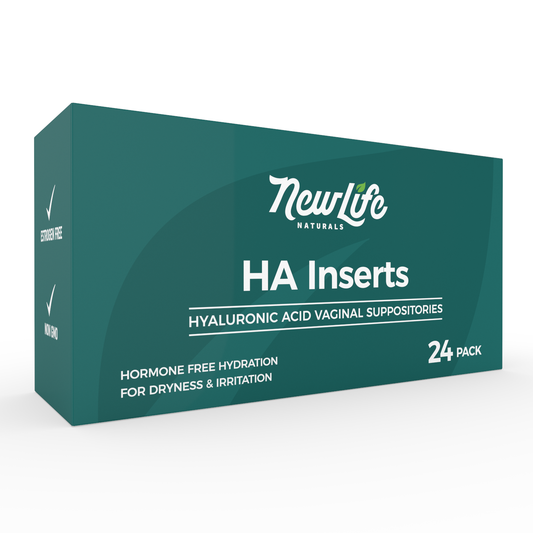Boric acid suppositories have become a notable choice in vaginal health, especially known for antifungal, antibacterial, and antiviral effects. Boric acid, a natural compound, is used in different medical treatments, mainly for infections like bacterial vaginosis and yeast infections. The suppository form allows for direct application to the area in need, making treatment more effective.
Besides its main uses, boric acid for vaginal health, such as suppositories and boric acid tablets are noted for helping to restore pH balance, which makes it harder for harmful organisms to thrive while encouraging beneficial bacteria. This adaptable substance is usually placed in the vagina for a set time, raising questions about how often it is safe to use.
Knowing about these factors is important for both successful treatment and the overall health of individuals using these boric acid vaginal suppositories.
Recommended Frequency of Use for Boric Acid Vaginal Suppositories
The right frequency for using boric acid suppositories depends on the condition being treated and the needs of the patient. Usually, these suppositories are suggested to be used once each day, preferably at night before bedtime. This timing helps with absorption and lessens the impact on daily life. This schedule usually lasts for seven to fourteen nights, which works well for treating repeat infections such as using boric acid for yeast infection and supporting vaginal health.
However, doctors might change this timing based on how bad the symptoms are and how the patient reacts to the treatment. It is important for patients not to use them longer than recommended without talking to a doctor, as using them too long can cause side effects or disturb the normal vaginal balance. Ongoing checking and assessment are very important for keeping treatment with boric acid suppositories safe and effective.
Potential Risks and Considerations When Using Boric Acid Suppositories
Boric acid for vaginal health is used for antifungal reasons, but they have some risks that need to be considered. First, there can be local irritation or allergic reactions, which may show up as discomfort, itching, or redness where it is inserted. Also, if used incorrectly or too much, there is a chance of systemic toxicity, especially if swallowed by mistake or if used more often than recommended. It's important for individuals with certain health issues, like pregnancy or some medical conditions, to avoid boric acid unless they talk to a healthcare provider first.
Furthermore, we do not know much about the long-term effects of regular use, which raises worries about the potential for germs to become resistant. So, while boric acid can work well for treatment, it should be used carefully, following dosage guidelines and watching for any side effects.
Final Words
A boric acid vaginal suppository can be a useful choice for those looking for relief from some vaginal problems, such as boric acid for yeast infection and bacterial vaginosis. However, it is important to use them carefully and to consider individual needs. Some people may find that using one to two suppositories each week helps keep their vaginal balance, while others may need to change their approach based on their specific health situations or how they react to the treatment.
It is essential to talk to healthcare providers before starting this treatment, as they can offer personalized advice based on medical history and current health issues. In the end, boric acid for vaginal health can be an effective treatment when used correctly, but it is crucial to know personal limits and follow suggested usage guidelines to ensure safety and effectiveness in managing vaginal health.
To buy these women’s health supplements online from a trusted source, check out New Life Naturals.




